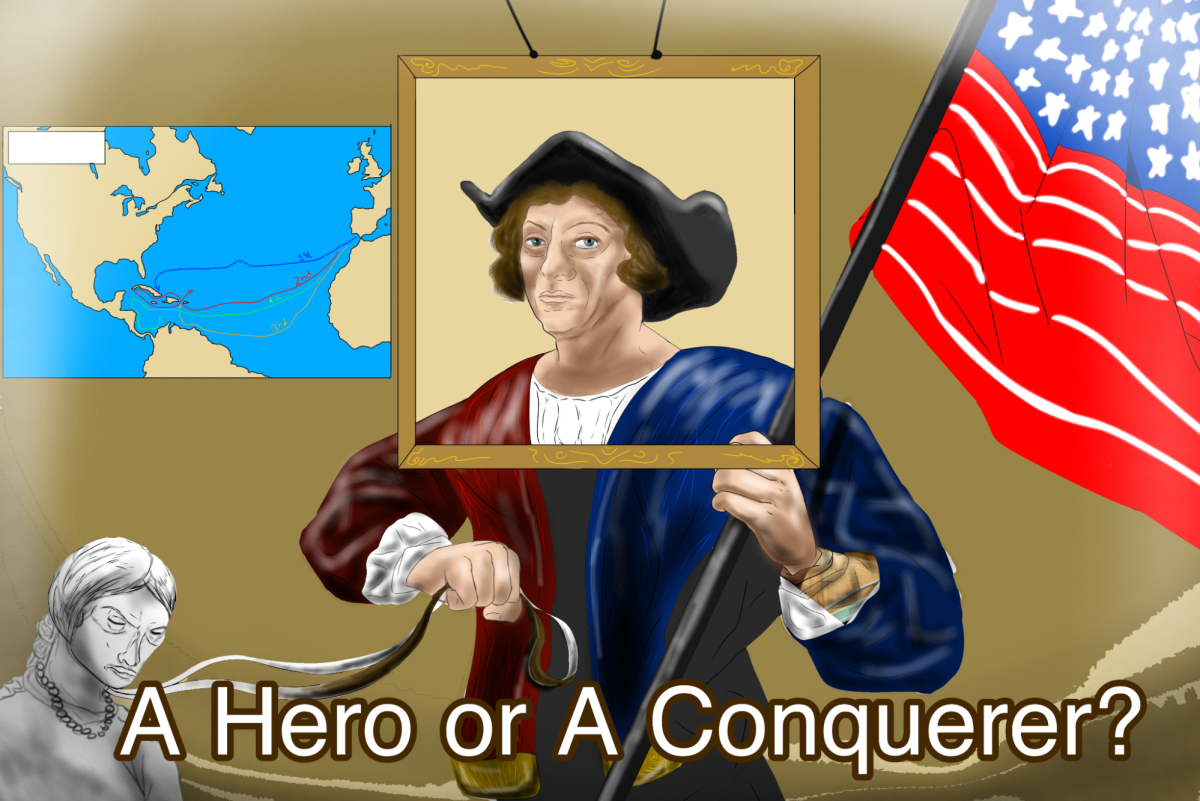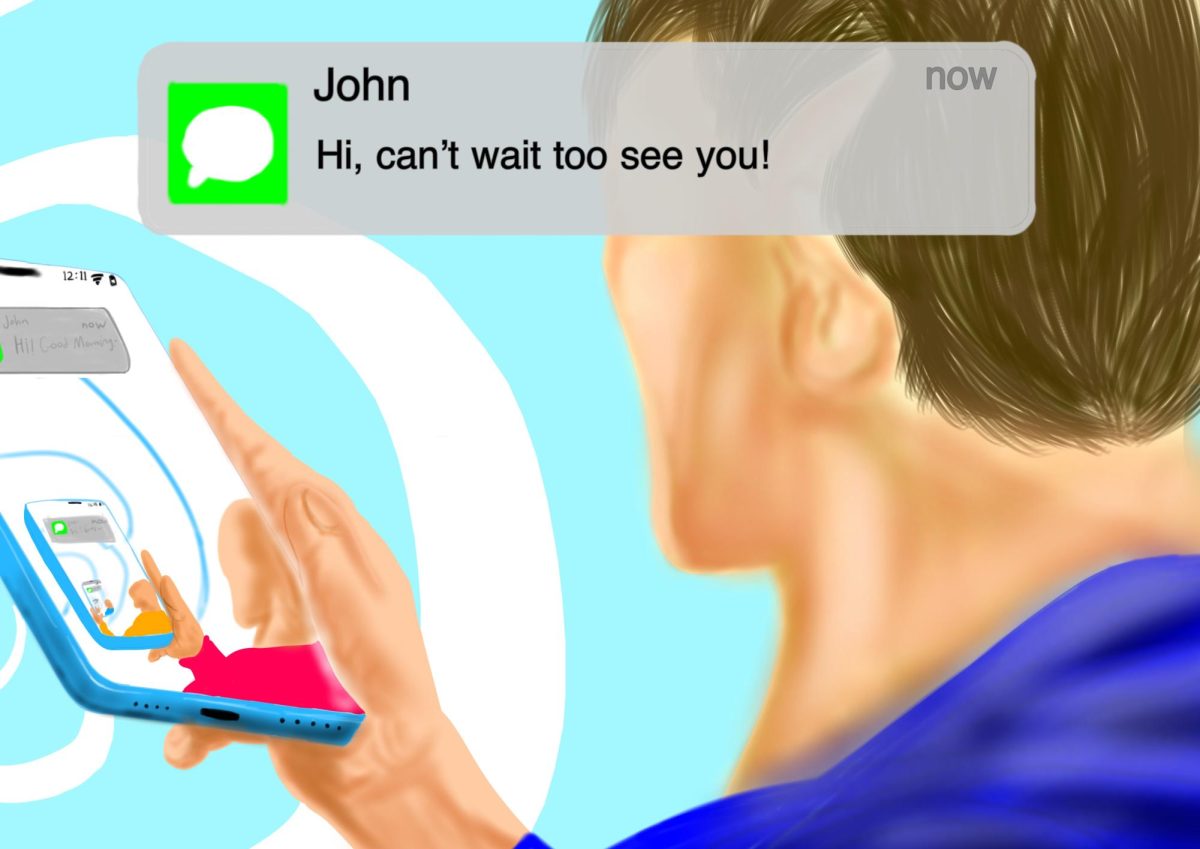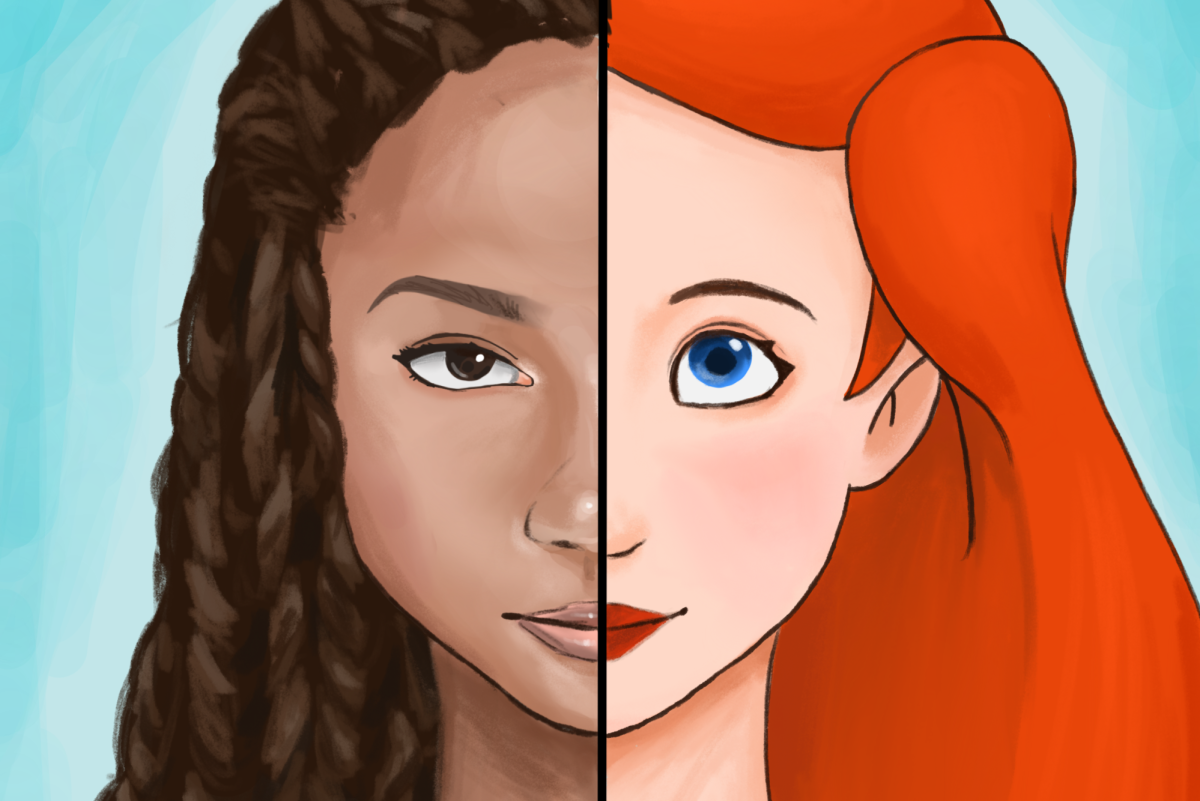With the constantly changing political climate of today’s society, Gen-Z is looking more and more toward their role models to form views on current events. From overwhelming social media news consumption to distorted ideas on ongoing affairs, it is complicated to determine where certain sources stand on distributing this information, especially but not limited to political bolstering. Looking to celebrities for their opinions, however, is a widespread fallacy of the masses.
In terms of social media, a vast majority of consumers fall within the range of teens and young adults. According to Statista’s global social media demographic study, as of April 2025, 29.5% of Instagram users worldwide span from ages “18-24” while “31.6%” of users span from “25-34.” Furthermore, Pew Research Center found that “1 in 5 Americans now regularly get news from TikTok” in their 2025 update.
TikTok, just like many of these other social media platforms, targets teens using short-form, easily accessible content. Yet, although this is the primary marketing and economic strategy of these big-brand companies, many of these methods tend to backfire and create misrepresented views on certain subjects, fostering flawed perspectives and “fake news.”
These perspectives seem to destabilize actual political support, replacing concern for politics with concern for the shallow opinions and hollow words of celebrities. Much of the younger population has very little understanding of what their “political voice” means consequently. According to KS&R’s Entercom Landscape Tracker, 77% of Gen Z (defined as ages 13-24) and 50% of Millennials follow Social Media Influencers. The share of older generations following influencers is much lower – 24% Gen X & 17% Baby Boomers.
Just as social media is used as a playground for spreading political media, it is also a home for influencers to display their own image and brand on the global stage. With the rise of social media and influencer marketing, consumerism regarding influencer-based promotions follows in suit. According to Statista’s 2025 January marketing budget report, “a global study among industry professionals in 2025 [says that] influencer marketing is poised to claim a significant portion of budgets, with around 14 percent of marketers expecting to allocate 10 to 15 percent of their budgets.”
It is virtually inevitable that this rise of influencer marketing and media presence would begin to creep into the political landscape. With a high percentage of social media users placing their trust into the hands of influencers when it comes to product recommendations or news stories, rather than sourcing legitimate news channels, the embracing of influencer endorsements and campaigning is yet another tactic of the American political scheme due to its growing success.
A prime example of this was during the 2024 Election, when Kamala Harris used Taylor Swift’s endorsement for the Democratic party to push voting. “Within 24 hours of her announcement, nearly 340,000 people had visited the voter registration website, vote.gov, using a custom link created and shared by Swift,” says Fair Elections Center. As for current president Donald J. Trump, influencer and professional boxer Jake Paul encouraged his followers to vote for Trump in the 2025 election.
Although this is evidently effective when it comes to persuading not just voters but the public in general, it overshadows the formulation of individual opinions. When the public eye is strongly drawn toward a certain influential figure, their words tend to be justified due to their support. This is simply just the “halo effect” in action; the glorification of celebrities because of the “perfection” that they display online.
Not to mention, celebrities associating themselves with specific political parties or views can really destroy reputations and authenticity. Many endorsements, although approved by PR teams to align with public image, happen primarily due to monetary gain, with parties leaning toward larger payouts depending on the influence of the celebrity. One of the most notable examples of this was the turned-down endorsement by popular Youtuber Tana Mongeu for an unnamed political party that offered her millions of dollars for her support, according to CNN.
We should not prevent celebrities from advocating for issues they think are important. However, even if using celebrity fame to push politics goes against authenticity and image — which is unfortunately inevitable because of the political diversity of fans — the public must not continue to forcibly encourage celebrities to participate in politics. It is not their field. Many of these celebrities hardly have a complete understanding of the country’s political landscape either, making their stances — especially on social media platforms — harmful, misinterpreted and outright unnecessary. We should be looking to politicians, political science majors or even historians for political influence.
Yet, there are some examples of politically-educated celebrities, such as actor-turned president Ronald Reagan. This is not a common occurrence, though. There may be a handful of celebrities who dabble in both fields, but unless they are qualified, the vast majority of celebrities should pertain to their own industry.
It is truly even more difficult for many of these celebrities’ younger audiences to create their own political views as they grow up, since they are constantly being surrounded by false views or warped media.
Moving forward, the public should strongly consider looking further into how they participate in political affairs and the validity of their decisions, rather than looking towards celebrities ignorant of politics to begin with.









